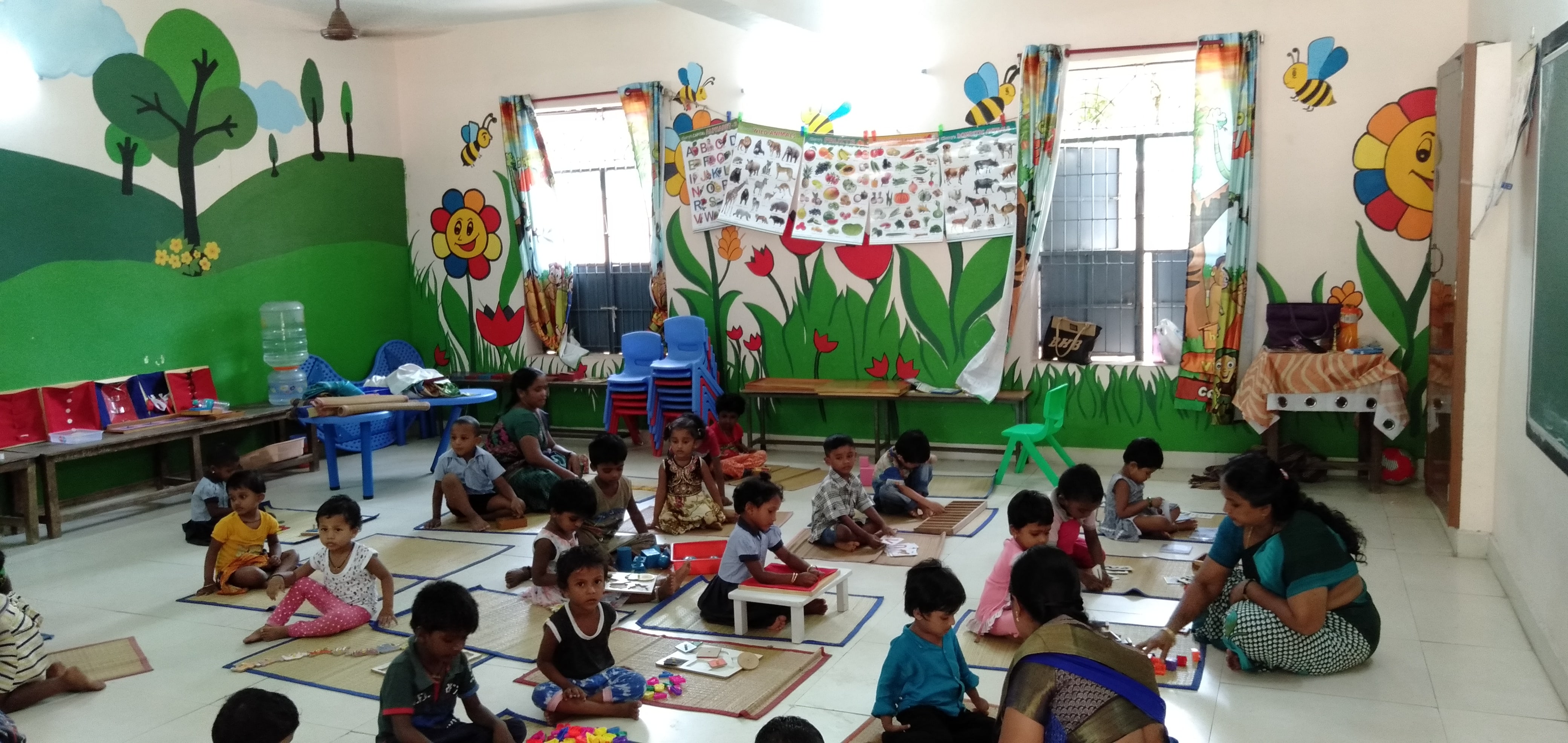
Pilot project successful, Tamil Nadu steps up child-friendly measures

With block-level child-friendly initiatives, Tamil Nadu is showing the way towards ensuring a protective environment for children in the state.
After successful pilot projects in Villupuram and Thiruvannamalai districts, the Tamil Nadu State Commission for the Protection of Child Rights is looking to scale up the programme.
The project, which was launched six months ago, has been received well by the community, prompting the Commission to consider expanding it across the state.
Talking to The Federal, the chairperson of the Commission, MP Nirmala said, “We looked at diet patterns, consumption of supplements among expectant mothers, apart from starting boys’ and girls’ clubs in these areas to promote physical activity among children. Reaching out to the community directly, officers from across departments like Health, Education and others from 21 departments came together to look at various aspects of children and their well-being — right from newborns to adolescents.”
She added that the assessment in the future will look at birth weight, infant mortality rates and maternal mortality rates.
One among many measures
The project is one of the recent measures taken by the state to move towards a child-friendly society. The initiative is in line with the Centre’s decision, pushed through the National Commission for Protection of Child Rights.
In the past, there have been efforts to establish child-friendly corners in every All Women’s Police Station.
Also read: Jagan’s ambitious ‘Amma Vodi’ aims to uplift Andhra
An officer at the Guindy All Women’s Police Station said, “With colourful walls and staff who have been trained to handle children, the station has been transformed to ensure that the children rescued and brought to the station are not scared or intimidated by the grimness of it.”
In Salem, a model child friendly station that was set up in late 2017 is among the few such model stations in the country. There have been such stations in Rajasthan, Kerala and Uttar Pradesh.
Activists also say that the Juvenile Justice Act gives them the rights to reach out to the police when being exploited or most often when they are lost and are found wandering on the streets.
Andrew Sesuraj, project coordinator, Loyola Knowledge Hub for Excellence in Child Protection, makes note of the moves taken towards protecting interests of children.
“The Madras High Court has come up with a child-friendly deposition room, where children both as victims and witness can testify to a judge or through video conferencing. Similar setup is being planned in eight district courts in the state.”
The Child Welfare Committee that operates in Chennai has established a child-friendly resource centre which will be replicated in 10 other districts.
Tamil Nadu can show the way
Sugata Roy, communication specialist, United Nations International Children’s Emergency Fund (UNICEF), says that the state has a coordinated mechanism and adequate resources allocated to child development.
“TN is one of the states in India which has more funds in budget for the education programme. TN has implemented many new initiatives for children, which is now implemented by government of India and other states. For example, the noon meal scheme programme is one such child-friendly initiative, which is now adopted and implemented across the country,” he said.
Also read: Private schools mandated to admit 15% students from weaker sections
Sesuraj says that while neighbouring states like Kerala are often seen as benchmarks for the initiatives taken, the issues are multifold in Tamil Nadu.
“We have secondary problems as in every advanced society in a place like Kerala, but in Tamil Nadu, we are still grappling with primary issues like child labour. The other disadvantage is the number — in Tamil Nadu we have over 1,500 police stations, while in Kerala there are about 500. It is easier to implement steps in a small setting.”
He, however, added that initiatives are being taken slowly and that convergence can be a problem, and added that the initiatives will show positive results in the long run.


